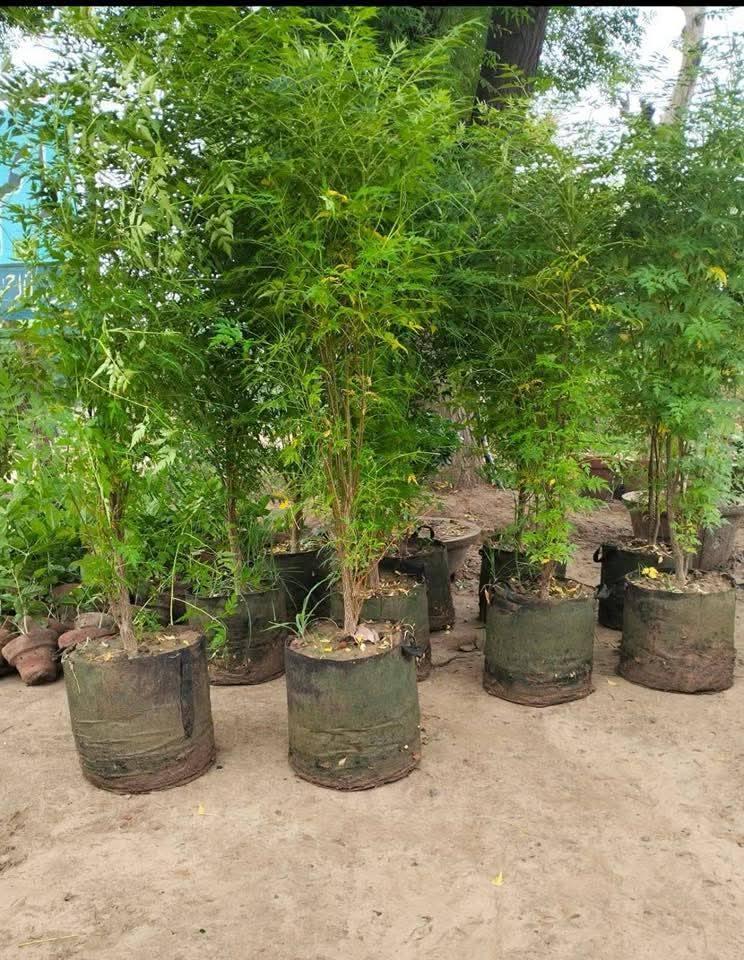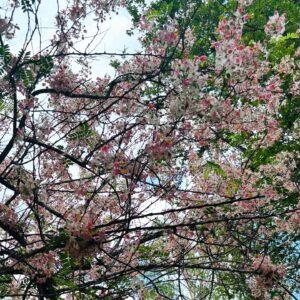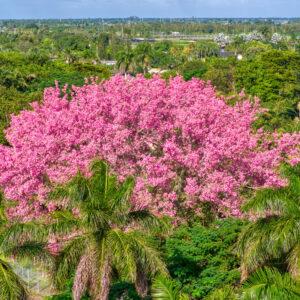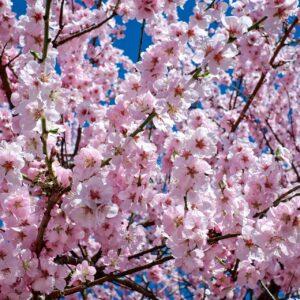Bakain tree“Originally from South and Southeast Asia, the **Bakain tree**, scientifically known as *Melia azedarach*, is a deciduous tree with a rapid growth rate. It is extensively distributed throughout Pakistan and India and is generally known by the names **Chinaberry**, **Persian lilac**, or **Maha Neem**.
**Description**
Height: Usually 7 to 12 meters, however under the right circumstances, it can grow up to 45 meters.
Big, feathery, compound leaves with serrated leaflets; dark green above and lighter below; tiny, fragrant, pale purple or lilac flowers that bloom in clusters in the spring; round, yellow drupes that remain on the tree through the winter; poisonous if consumed in large amounts
**Conditions of Growth**
Sunlight: Full sun is preferred.
Fertile, well-drained soil that can withstand a variety of soil types
Water: Once grown, drought-tolerant; moderate watering
Temperature: Can withstand temperatures ranging from -5°C to 39°C; thrives in warm regions.
**Uses**
Ornamental: Grown for its pretty blooms and shade, it is frequently planted in parks and at the sides of roads.
– Medicinal: Used for its anthelmintic, antibacterial, and anti-inflammatory qualities in traditional medicine
Wood is lightweight and used to make toys, furniture, and farming implements.
Insect Repellent: Like neem, leaves, bark, and fruit offer insect-repelling properties.
**Caution**
If eaten in excess, the seeds and fruits are **toxic**, especially to children and pets. When planting it in residential areas, caution should be used.”





Reviews
There are no reviews yet.